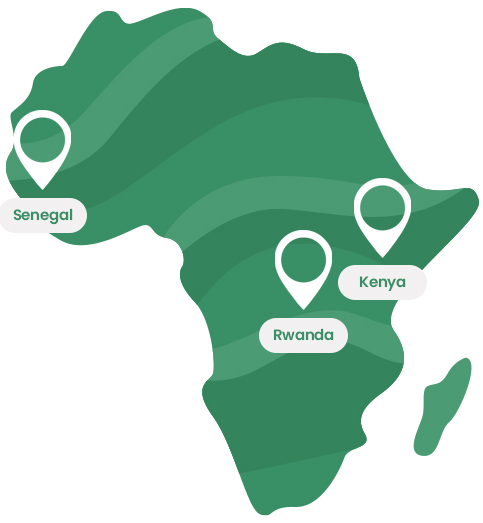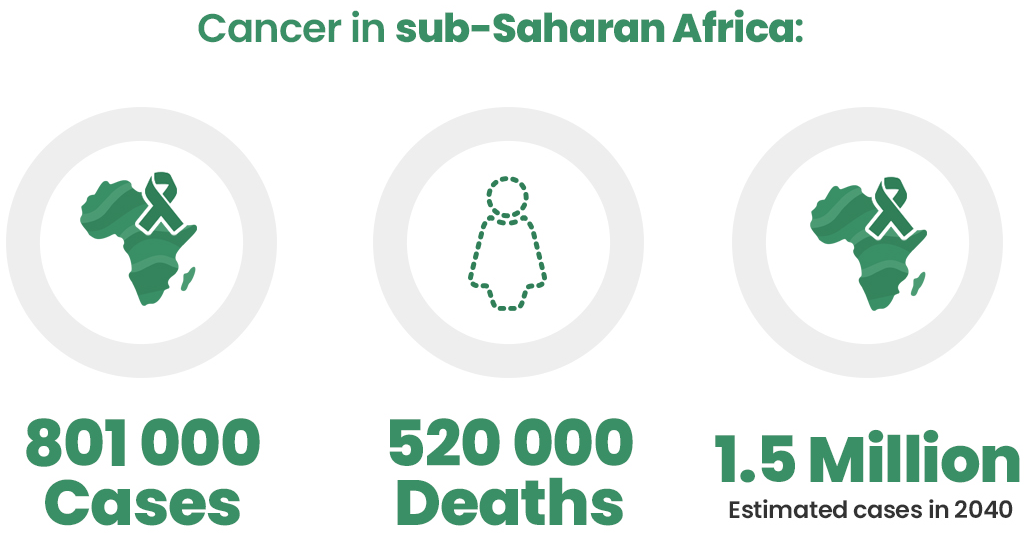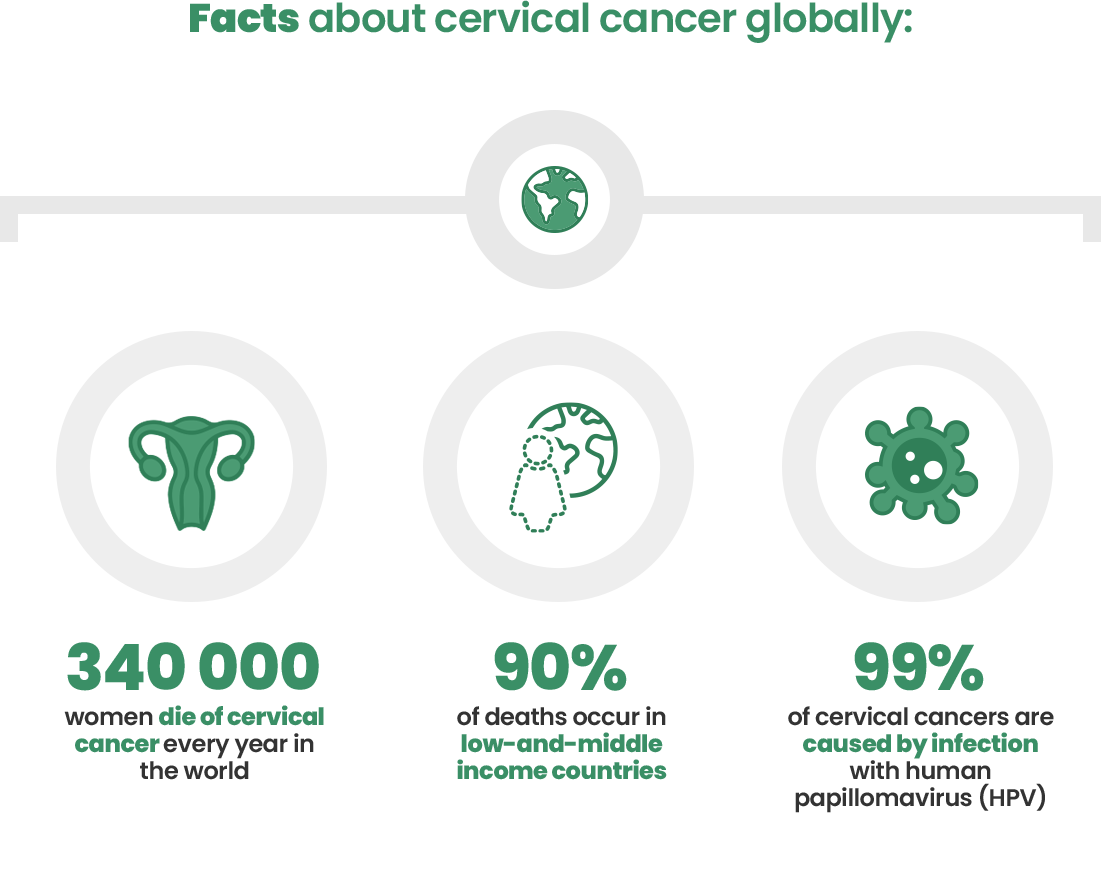



The Foundation will pilot programs in sub-Saharan Africa and specifically in Rwanda, Kenya and Senegal. The knowledge that we gain from this pilot phase will allow us to expand our initiatives in surrounding countries and regions.
In sub-Saharan Africa (SSA) urgent action is needed to curb the growing crisis in cancer incidence and mortality. Major issues are identified including:
Today, 70% of all radiotherapy equipment is available to only 25% of the world's population.

Source: IARC & WHO
Radiotherapy and telehealth are examples of approaches that can substantially improve access to cancer care, accelerate cancer prevention, and increase survival.
The Elekta Foundation is working to develop new tools and models to scale up cancer care equipment in SSA. For example, by building a network of remote experts to provide services such as a second opinion or tele- support. This can dramatically improve the volume of patients treated and the quality of care.

In sub-Saharan Africa, 110 300 cases of cervical cancer have been reported in 2020. It still ranks as a leading cause of cancer death in women, although it can be prevented, treated and cured through vaccination and early treatment. Few diseases reflect global inequities as much as cancer of the cervix. Nearly 90% of the deaths occur in low- and middle-income countries.
In August 2020, the World Health Assembly adopted the Global Strategy for cervical cancer elimination. In this context, the Elekta Foundation is developing partnerships and programs to participate to the elimination of this life-threatening cancer in Africa, where the burden of cervical cancer is the greatest. One of the objectives is to improve access to public health services and implement early screening and treatment. Radiotherapy techniques such as brachytherapy are also very effective to treat early-stage patients. Please see our campaign on cervical cancer in Rwanda.

Source: WHO | Learn more about the Global Cervical Cancer Elimination Initiative